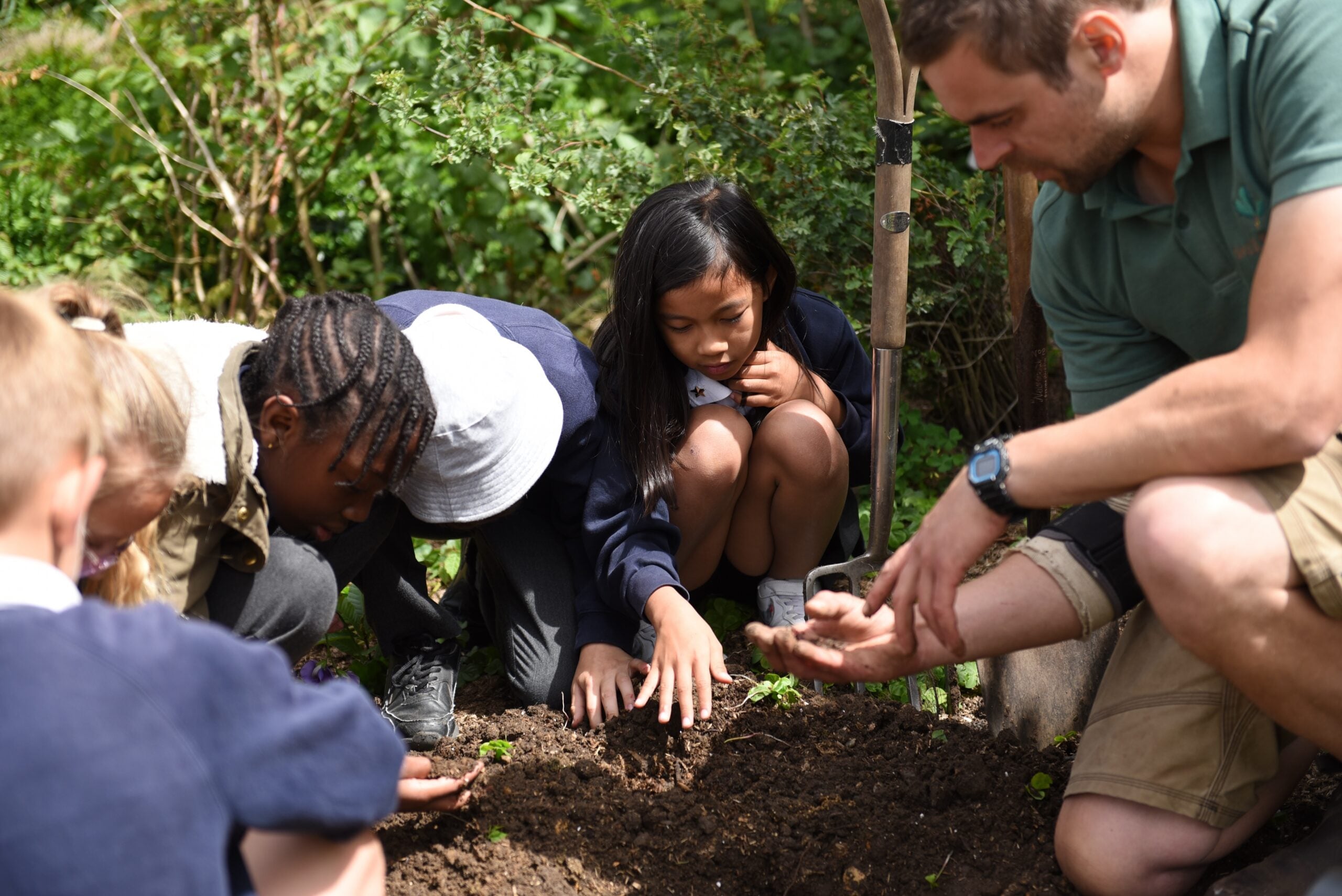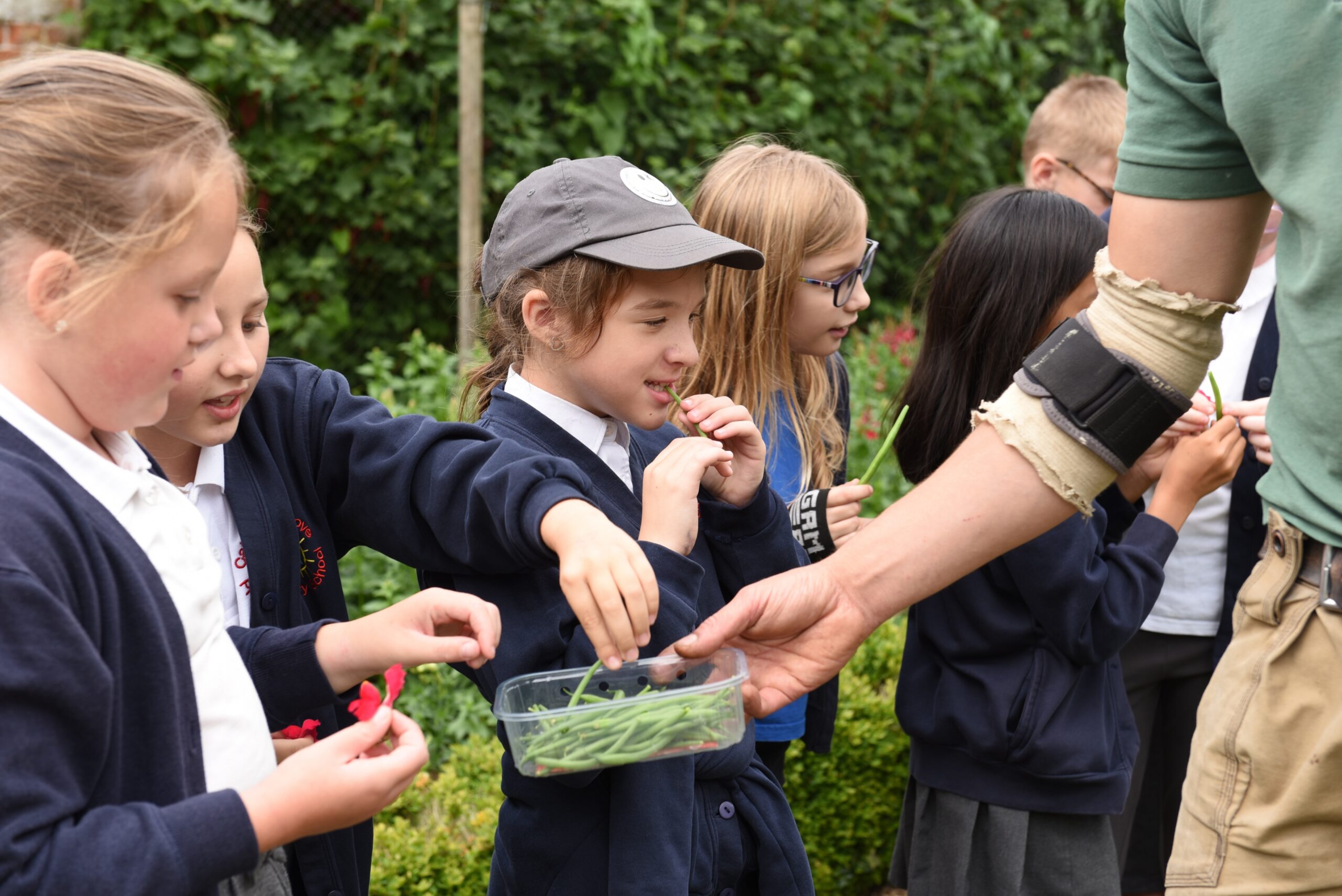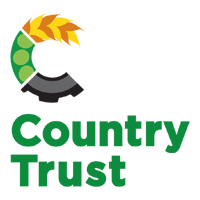How to help children to develop a ‘growth mindset’ and thrive in the face of challenge

The Country Trust’s Food Discovery Programme Manager, Charlotte Repton explores the incredible power of gardening to boost children’s confidence and wellbeing.
Growth mindset could be described as “the power of believing that you can improve” (I’d recommend this TED Talk from Carol Dweck, the psychologist who came up with theory if you’d like to know more). Theories around the different types of mindset – fixed and growth – are popular in the classroom today, and there is no better place than the school garden (or windowsill in your classroom) to start strengthening the neural pathways that can support resilience.
Here are my top tips for how to use the principles of growth mindset in your approach to gardening.
Challenge is good but make it achievable: This is my advice to anyone starting a growing project of any kind – keep it simple! It’s very easy to get swept up in the excitement and to attempt too much, but you are more likely to achieve your goals if you choose to focus on giving fewer plants more attention.
Focus on process, not product: The saying goes, life is about the journey, not the destination. One way of looking at the growing sessions in Food Discovery is that we are trying to produce crops for the Harvest Feast – but that isn’t the real purpose. It’s so that the children can get up close and personal with the natural world, observe directly how food grows and play a key part in that magical process, experiencing awe, wonder and joy along the way. If at the end of a growing project, you don’t have an abundance of vegetables, make sure to remind the children (and yourself) what the actual purpose was so you can reflect on your true successes!
With this approach, the more you put in, the more you get out – and I’m not talking about crop yields. The more time you spend observing the different stages of growth, integrating the different aspects of caring for your garden into the classroom routine and curriculum, the more successes you will have to celebrate at the end, because you will have learnt so much and enjoyed it in so many different ways.
Language matters: I’ve been so careful when writing this about using words such as “failure” – and you’ll notice I’ve still ended up using it (vitally, with the qualifier “feeling of” failure). The words we choose can affect motivation and self-perception. In the Carol Dweck TED talk, she mentions a school who replaced the “F” grade on exams with “Not Yet”. What small changes could you make to frame things differently?
Be fascinated: With every single thing that doesn’t go to plan, ask yourself what you have learnt? What do you know now that you didn’t before? Go above and beyond to be curious – if slugs ate all your crops, can you focus on learning more about slugs, their habitats, what they eat and why? Are there any experiments you can do to take your learning even further?
Last year was a bumper year for slugs, but in my garden at home it also brought an abundance of amphibians so the interest and pleasure I got from watching frogs, toads and newts balanced out my sadness at the loss of just about everything I planted… Fascination with the bigger picture makes it easier to take a philosophical approach.
Reflect, and try again: If things don’t go according to plan, think about what you could do differently next time and have a go! You might not have time to do this in class, but can you support the children to do this outside of school? Frame this as an opportunity to learn and experiment more.
Modelling Resilience
We frequently work with teachers who are not confident at growing – which is perhaps why they come to The Country Trust for support! It might be because of past experiences that didn’t go to plan, or through fear of the unknown… But it can lead to the very same feeling of apprehension and hesitance that we see in children around new experiences.
It can be such a powerful tool for adults to model what resilience looks like. So, if your seeds don’t germinate, or your pea plants get eaten by pigeons, or your sunflowers get blown over in the wind, whilst you’ll probably also be disappointed, practice some of the growth mindset principles of reflecting, being curious and eager to try again.
I hope what you’ll take away from reading this is that resilience is not a fixed thing, it’s something that can ebb and flow for adults as well as children – and hopefully your gardening journey will allow you to flex your own resilience muscles… Happy growing!
Charlotte Repton, Food Discovery Manager, The Country Trust
For more fun facts about soil and food visit our Country Trust partnership hub here


















